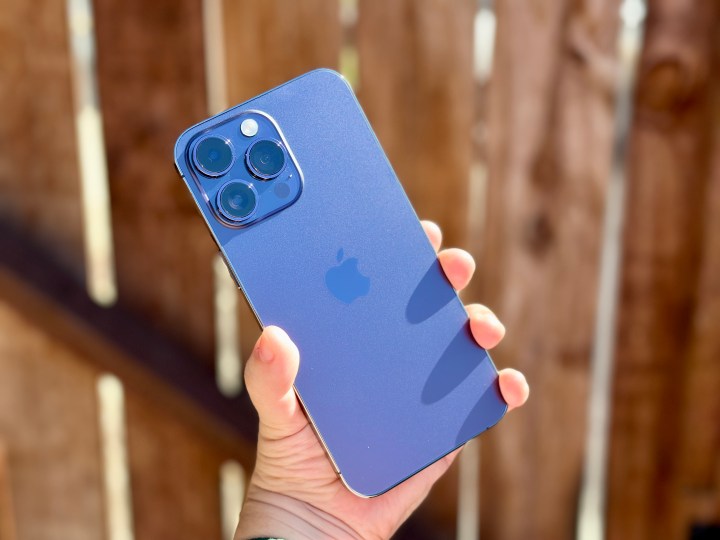Smartphone users should be completely accustomed to getting regular security updates to make sure that their data is protected. Now, Apple is simplifying things by introducing a new way to quickly update iPhone security without needing to push a full-on iOS update.
Apple has been running beta tests of its Rapid Security Responses (RSR) feature that’s meant to make security patches easier. As of May 1, RSR has launched for all Apple device owners.

The updated approach to security will “deliver important security improvements between software updates,” allowing users to receive security patches more frequently than they’ve been rolling out in the past. That’s not to say that Apple is stingy with its security updates — far from it — but rather that users can now expect fixes to go live the second they’re finished instead of having to wait for full-blown iOS updates.
According to Apple, Rapid Security Responses will be downloaded automatically by default and may require you to restart your iPhone when they go live. Automatic RSR downloads can be turned off, however, and you’ll simply get the fixes with each new iOS software update, the same way it was done previously. While you can turn RSR off, it’s not a bad idea to keep automatic downloads on so that your device stays up to date with all of the most recent security software.
Rapid Security Responses isn’t just available for iPhones but has also gone live for iPads and Macs. Currently, RSR is only available for devices that are compatible with the most recent Apple software, starting with iOS 16.4.1, iPadOS 16.4.1, and macOS 13.3.1.
The new feature isn’t something that’s as flashy as the iPhone 14 Pro’s Dynamic Island, however, it is an important addition to the iPhone — especially for users who take security seriously. Android phones have offered something similar for years with monthly security patches, and it’s great to see Apple now implementing a similar strategy with iOS.
Editors' Recommendations
- This one Apple Fitness feature completely changed how I exercise
- Nomad’s new iPhone case and Apple Watch band may be its coolest yet
- 5 phones you should buy instead of the iPhone 15
- Why you should buy the iPhone 15 Pro instead of the iPhone 15 Pro Max
- iPhone SE 4: news, rumored price, release date, and more




